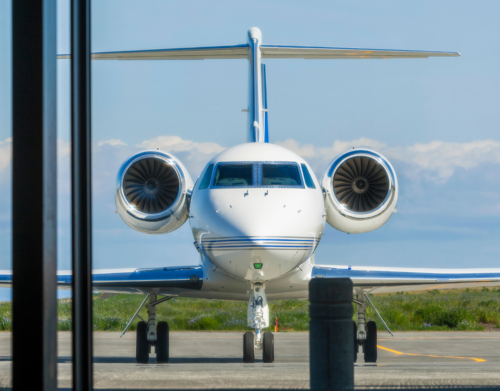Get Appointment
- contact@wellinor.com
- +(123)-456-7890
Aviation
Aviation insurance serves as a critical safeguard for the aviation industry, providing financial protection against a wide range of risks associated with air travel. From airlines and aircraft operators to manufacturers and service providers, it offers peace of mind and ensures continuity in the face of unforeseen events. This one-pager explores the key benefits of aviation insurance and its indispensable role in supporting the safety and viability of air transportation.
Key Benefits:
Financial Protection: Aviation insurance shields operators and stakeholders from potentially devastating financial losses resulting from accidents, incidents, or liabilities. Whether it's damage to aircraft, third-party bodily injury, property damage, or legal expenses, insurance coverage provides the necessary financial cushion to mitigate risks and maintain business continuity.
Compliance with Regulations: Regulatory authorities mandate certain levels of insurance coverage for aviation operators to ensure compliance with safety standards and financial responsibility requirements. By securing appropriate insurance policies, airlines and other entities demonstrate their commitment to regulatory compliance and uphold industry standards.

Risk Management: Aviation insurance goes beyond financial protection by fostering a culture of risk management within the industry. Insurers work closely with aviation stakeholders to assess risks, implement safety measures, and enhance operational practices to minimize the likelihood of accidents and losses. This proactive approach to risk management strengthens safety protocols and promotes continuous improvement in aviation operations.
Tailored Coverage Options: Aviation insurance offers a diverse range of coverage options tailored to the specific needs and risks of different stakeholders within the industry. From hull insurance for aircraft and liability coverage for operators to specialized policies for manufacturers, maintenance providers, and airports, insurers offer customizable solutions to address unique risk profiles and requirements.
Confidence and Reliability: In an inherently risky environment like aviation, having comprehensive insurance coverage instills confidence among passengers, investors, and stakeholders. Knowing that adequate insurance is in place to handle potential liabilities and contingencies enhances trust in the safety and reliability of air travel, fostering sustainable growth and investment in the aviation sector.

Conclusion
Aviation insurance serves as a cornerstone of risk management and financial security in the aviation industry, offering vital protection against a myriad of risks and liabilities. By providing financial stability, promoting regulatory compliance, facilitating risk management, and instilling confidence, it plays a pivotal role in supporting the safety, sustainability, and resilience of air transportation. As air travel continues to evolve and expand, the importance of robust aviation insurance solutions cannot be overstated, ensuring that the skies remain safe and accessible for all. Contact us today to learn how we can help.
